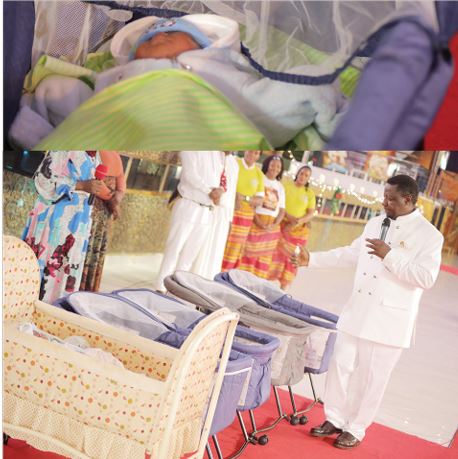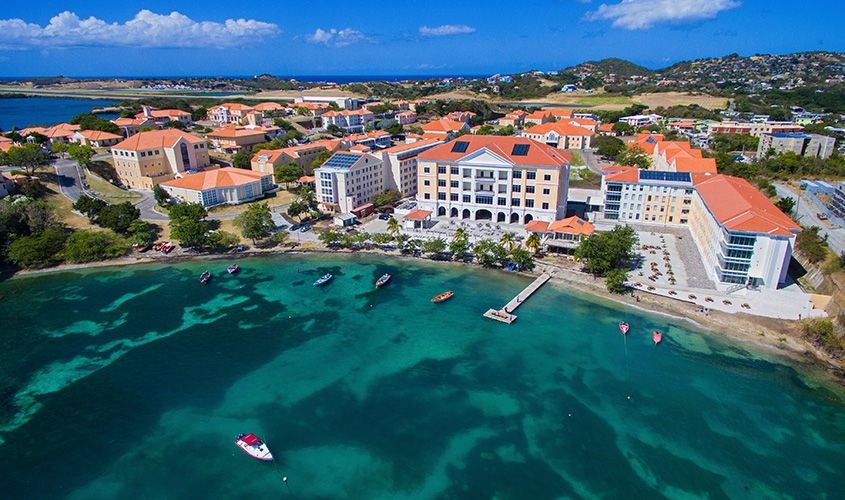
Kenya has dispatched a substantial shipment of essential HIV commodities, signaling its unwavering commitment to combating the epidemic despite mounting global funding challenges.
Cabinet Secretary for Health, Dr. Deborah M. Barasa, officiated the dispatch at the Mission for Essential Drugs and Supplies (MEDS), underscoring the nation’s determination to maintain uninterrupted access to life-saving treatment and prevention resources.
The country, home to approximately 1.4 million people living with HIV, faces ongoing hurdles including gender inequality, stigma, and financial constraints. The recent decision by the United States to suspend funding for various global health programs, including HIV/AIDS initiatives, has further strained Kenya’s response.
Despite these fiscal pressures, Dr. Barasa acknowledged the critical contributions of international partners such as the Global Fund and PEPFAR in supporting Kenya’s HIV efforts.
She emphasized the government’s resolve to sustain progress, even as it works to bolster local manufacturing and reduce dependency on external aid.
The dispatched supplies include a robust stock of antiretroviral therapy (ART), with over 2 million packs currently available and more than 4.8 million packs slated for delivery by June 2025, ensuring over eleven months of stock. Pediatric ARVs, including Abacavir/Lamivudine dispersible tablets, are also being distributed, with plans to introduce fixed-dose combinations by August 2025.
Over 510,000 bottles of Nevirapine Suspension are available for infant prophylaxis, vital for preventing mother-to-child transmission.
Kenya has transitioned to the 3-Test Algorithm for HIV testing, ensuring ample stocks of Trinscreen, One Step, and First Response tests, as well as HIV/Syphilis duo test kits for antenatal care. Efforts are underway to expedite the delivery of Early Infant Diagnosis (EID) and Viral Load tests to maintain uninterrupted service delivery across testing laboratories.
The country is also working to ensure consistent availability of male condoms, with millions recently distributed and further procurement in progress.
Dr. Barasa highlighted the importance of addressing remaining gaps in supply chain continuity, particularly in remote areas, and combating stigma.
Key strategies include strengthening local pharmaceutical manufacturing, integrating HIV patients into the national health insurance scheme, digitizing drug distribution systems, and empowering communities to fight stigma.
The Cabinet Secretary reaffirmed Kenya’s dedication to building a resilient healthcare system under President’s Universal Health Coverage (UHC) agenda, stressing the need for continued collaboration among all stakeholders to achieve an HIV-free future.









